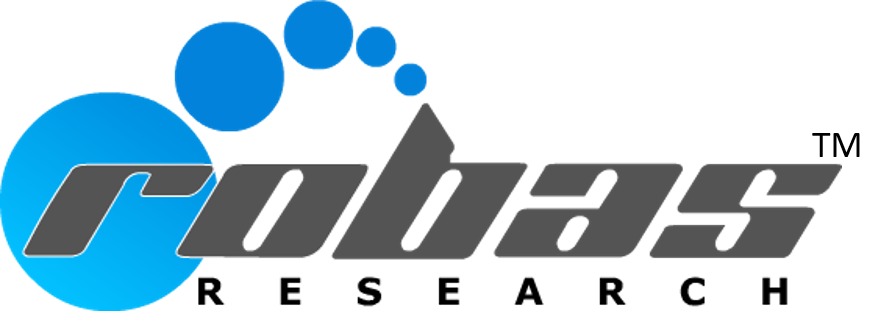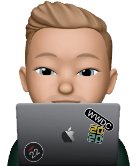.elementor-element:not(.lqd-exclude-parent-ca) > .elementor-widget-container, :scope > .elementor-widget-hub_fancy_heading .lqd-split-lines .lqd-lines .split-inner, :scope > .elementor-widget-hub_fancy_heading .lqd-split-words .lqd-words .split-inner, :scope > .elementor-widget-hub_fancy_heading .lqd-split-chars .lqd-chars .split-inner, :scope > .elementor-widget-hub_fancy_heading .lqd-adv-txt-fig, :scope > .elementor-widget-ld_custom_menu .lqd-fancy-menu > ul > li, :scope .e-con:not([data-parallax]) .elementor-element > .elementor-widget-container, :scope .e-con:not([data-parallax]) .elementor-widget-hub_fancy_heading .lqd-split-lines .lqd-lines .split-inner, :scope .e-con:not([data-parallax]) .elementor-widget-hub_fancy_heading .lqd-split-words .lqd-words .split-inner, :scope .e-con:not([data-parallax]) .elementor-widget-hub_fancy_heading .lqd-split-chars .lqd-chars .split-inner, :scope .e-con:not([data-parallax]) .elementor-widget-ld_custom_menu .lqd-fancy-menu > ul > li","ease":["power4.out"],"initValues":{"y":"60px","opacity":0},"animations":{"y":"0px","opacity":1}}" class="has_eae_slider elementor-element elementor-element-1528b5c e-con-full e-flex e-con e-parent" data-id="1528b5c" data-element_type="container" data-settings="{"content_width":"full","background_background":"classic"}" data-core-v316-plus="true">
|
Nevada (USA) & Bengaluru (India)
|
|
Call Us +080-49728004
|
We Support 24/7
|
We are always here to serve you better.
Send a Message
Talk to an Expert
80497 28004


